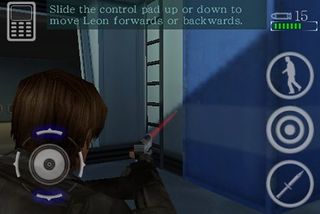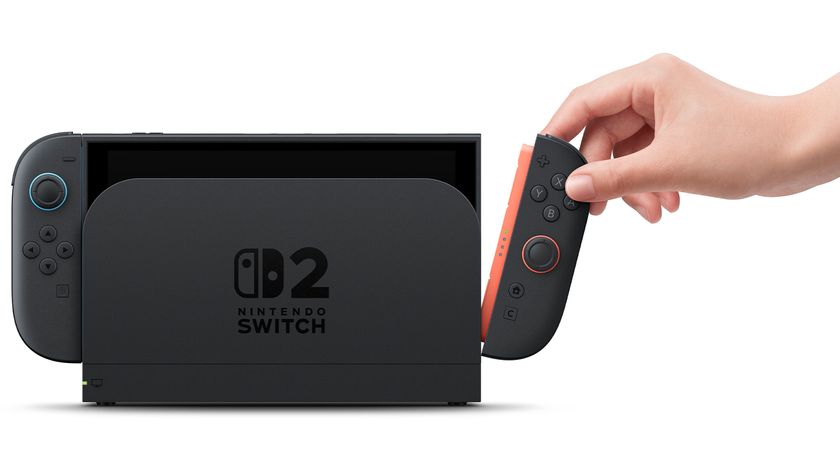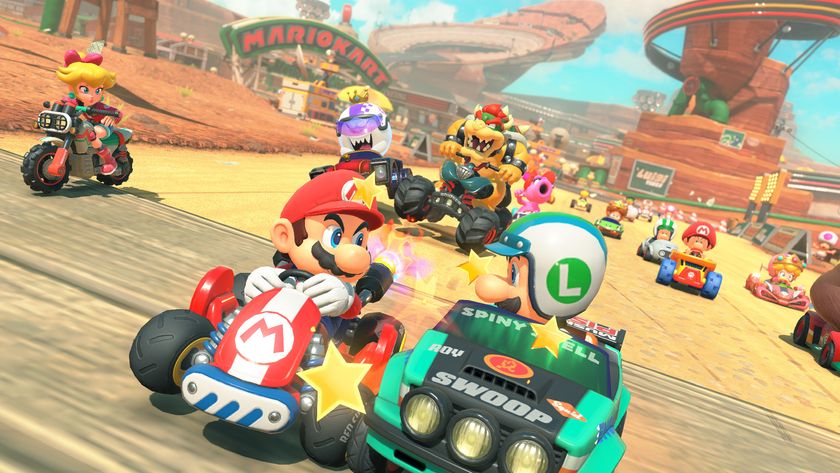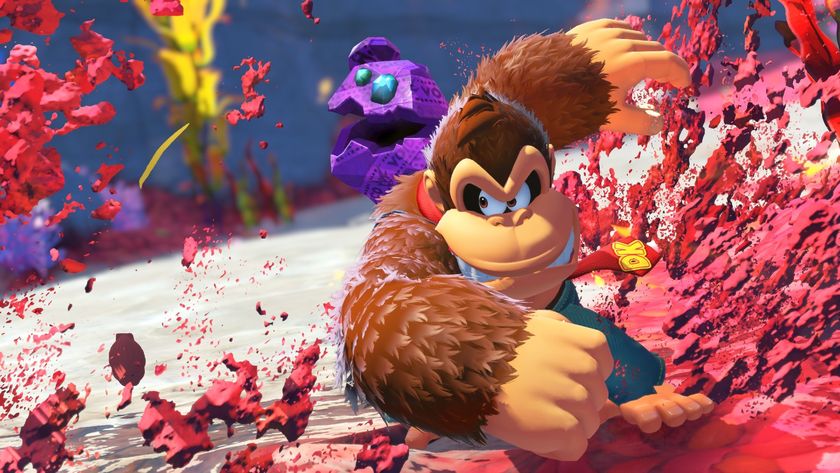Which number is the best number?
Here's a hint, it's four. No really! Find out why inside
Our method: We selected ten long-running series and stripped out all of the non-numbered entries. No GTA: San Andreas here. We then collected the average review scores for each game viaMetacriticandGameRankingsand used them to determine which number in the series is the highest rated.
Before we begin, we ought to point out that we’re just having a bit of fun. We aren’t seriously claiming that comparing average review scores will give us a definite trend. There are just too many variables to account for. For example, the Resident Evil series winds its way from the PS1 to the PS3/360, crossing nearly every console in between. Surely the jump from console generation to generation impacted the games’ scores. Not to mention, reviewers’ tastes and judgment have changed over time.
Still, maybe there’s something to our rinky-dink little experiment. See the results for yourself to find out…

There’s really no disputing that Resident Evil 4 is the most praised game in the series. While RE 5 is a great game, it has been criticized for its Hollywood-esque focus on big action scenes and exploding motorcycles, and its general lack of actual horror. RE 4, however, balanced action and horror supremely well (among other things, such as popularizing the over-the-shoulder POV), thereby remaining the highlight of the series.

Above: Resident Evil 5 was good, but as this screen illustrates, it was more about things exploding than it was fear
The average score for Resident Evil 4 is 96. Resident Evil 5 suffers a ten point deduction for going in a different direction, coming in at 86. The first three games in the series scored 91, 89, and 79 respectively.
Winner: FOUR
Sign up to the 12DOVE Newsletter
Weekly digests, tales from the communities you love, and more
Again, the fourth numbered game in the series is the winner. GTA IV surpassed the already-excellent GTA III in scope, story, and gameplay. Granted, GTA III is handicapped by the fact that it was released on the last console generation. But even taking the technological gap into account, it is probably safe to say that the story and world of GTA IV are compelling enough to justify the slightly better score.

Above: GTA IV has set the benchmark for sandbox games of this generation, just as GTA III did for the last generation
The gap is very slim. GTA III received an average score of 97, and GTA IV only beat it by one point with a 98. They are both considered amongst the best games of their generations, but if the reviewers are to be believed, GTA IV had a little something more.
Winner: FOUR
In the film world, it is almost always assumed that the first film in a series will forever be the best, and that its sequels will be passable at best. At their worst, film sequels are lazy cash-ins which borrow credibility from the original, but completely lack its quality. This isn’t always the case, but it’s the perception.
The game industry has many parallels with the film industry, but this doesn’t seem to be one of them. It is generally assumed that a game sequel will improve on the original, and they are often at least on par with their predecessors. Every game series has a low point, but that low point surprisingly often at the beginning of the series. That’s why it’s a bit surprising that none of the Devil May Cry sequels have critically surpassed the first game.

Above: DMC 4 breaks the trend our previous entries have set, letting a plain old ‘one’ into the winner’s circle
Devil May Cry has an average score of 92, and while DMC 2, 3, and 4 have garnered moderately positive critical responses, none of them have an average score above 84. The first Devil May Cry introduced a fairly new style gameplay, and at the time was visually impressive. Perhaps its novelty is what garnered it the high scores. As that novelty wore off, the critics began to lose interest, causing its successors’ scores to dip.
Winner: ONE

Breath of the Wild's Korok Forest might actually hit 60fps on the Switch 2 re-release, and Zelda fans can't wait for "an actual stable frame-rate" in Hyrule's most infamous region

The Legend of Zelda: Breath of the Wild and Tears of the Kingdom are finally getting achievements, but it's paywalled behind the Switch 2 editions











